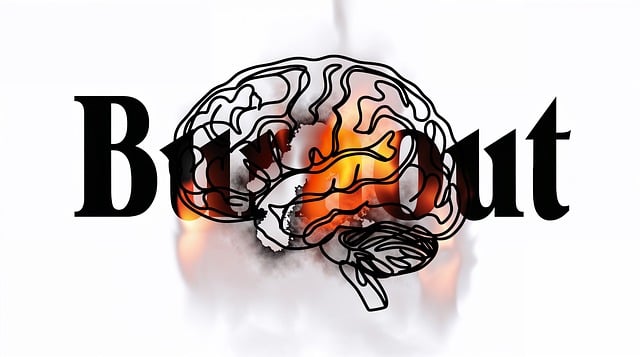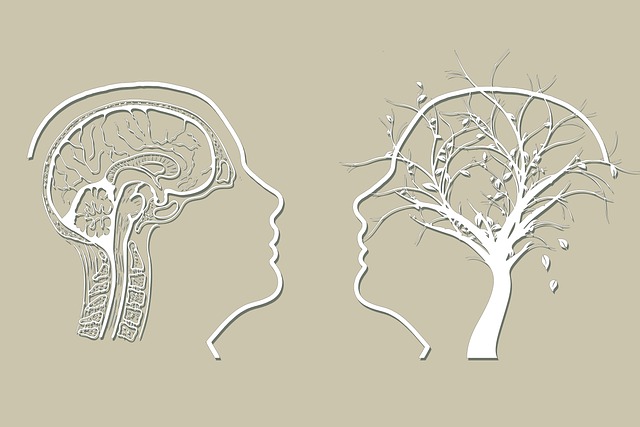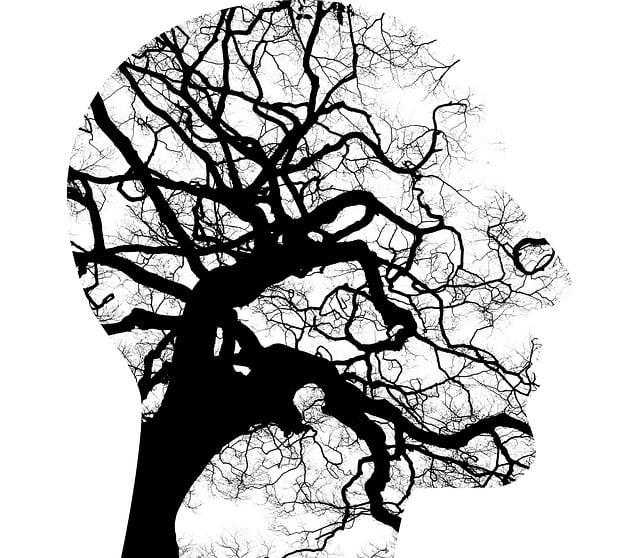Arvada faces unique mental health challenges blending urban life and natural surroundings, with anxiety, depression, PTSD, burnout, and domestic violence prevalent. Specialized services like Arvada Domestic Violence Therapy are crucial, alongside programs for coping skills development and trauma support. Digital era technology offers powerful tools, such as apps designed for virtual therapy, that reduce stigma and empower survivors from home. These apps include secure conferencing, mood tracking, mindfulness exercises, and education on conflict resolution, promoting holistic emotional well-being. Development involves market research, user-centric design, testing, and continuous updates, while marketing strategies target at-risk populations through partnerships, engaging content, social media, and SEO for increased accessibility.
In today’s fast-paced world, mental wellness apps are becoming essential tools for managing stress and seeking support. This article explores the development of an innovative solution tailored to the unique needs of Arvada residents, focusing on domestic violence therapy. We delve into the challenges faced by local communities, highlighting the impact of mental health issues, especially in high-risk areas like Arvada. By examining these factors, we identify key features for effective virtual therapy apps, offering a comprehensive guide from concept creation to marketing success.
- Understanding Mental Health Challenges and Their Impact in Arvada
- Exploring the Need for a Domestic Violence Therapy App
- Key Features and Functionality for Effective Virtual Therapy
- Development Process: From Concept to Launch
- Marketing and User Engagement Strategies for Success
Understanding Mental Health Challenges and Their Impact in Arvada

In Arvada, like many cities, mental health challenges are prevalent and impact individuals across all demographics. The city’s unique mix of urban living and proximity to nature presents both opportunities and stressors that can contribute to a range of issues, from anxiety and depression to more severe conditions such as post-traumatic stress disorder (PTSD) and burnout. For instance, the prevalence of domestic violence in Arvada necessitates specialized services like Arvada Domestic Violence Therapy to address these complex challenges.
Understanding these dynamics is crucial for developing effective solutions. Coping Skills Development programs and Trauma Support Services play a pivotal role in helping individuals navigate their struggles. Furthermore, with healthcare providers often facing burnout due to demanding work environments, implementing Burnout Prevention Strategies becomes essential to ensure the longevity and effectiveness of mental health services in Arvada.
Exploring the Need for a Domestic Violence Therapy App

In today’s digital age, technology plays a pivotal role in addressing societal issues, and mental wellness is no exception. The need for accessible and innovative solutions, especially in areas like Arvada Domestic Violence Therapy, has become increasingly apparent. With a focus on inner strength development, applications designed to support survivors of domestic violence can provide much-needed anxiety relief and foster a sense of empowerment. By leveraging digital tools, individuals experiencing emotional turmoil or facing the aftermath of domestic abuse can access specialized therapy services from the comfort of their homes.
This shift towards digital therapy is particularly significant in reducing the stigma associated with mental illness. Traditional therapeutic settings may not be accessible or comfortable for everyone, but a well-designed app can offer discretion and convenience while still delivering effective treatments. Thus, through innovative technology, such as an Arvada Domestic Violence Therapy application, mental illness stigma reduction efforts can gain momentum, ensuring that support is available to those who need it most effectively and discreetly.
Key Features and Functionality for Effective Virtual Therapy

In the realm of virtual therapy, an effective mental wellness app must offer a comprehensive suite of features to bridge the gap between therapist and client, especially in scenarios like Arvada Domestic Violence Therapy. Key functionalities include secure video conferencing for real-time sessions, allowing for face-to-face interactions that foster trust and understanding. Integrated tools for mood tracking, mindfulness exercises, and journal entries enable clients to actively engage in their emotional well-being promotion techniques between sessions.
Additionally, robust features such as instant messaging for quick check-ins, emergency support hotlines, and access to educational resources on conflict resolution techniques can significantly enhance the app’s utility. The app should also incorporate communication strategies that encourage open dialogue, ensuring clients feel heard and supported throughout their therapy journey. These combined elements contribute to a holistic virtual therapy experience tailored to individual needs.
Development Process: From Concept to Launch

The development process of a mental wellness app begins with an innovative concept, aimed at addressing specific needs in the field of mental health. For instance, an app focusing on domestic violence therapy in Arvada could be designed to provide accessible support and resources for victims. This initial phase involves market research, identifying target audiences, and understanding their unique challenges. By incorporating user-centric design principles, developers can create a platform that resonates with users dealing with mental illness stigma reduction efforts or conflict resolution techniques.
As the project progresses, wireframing and prototyping become crucial steps. These allow for a visual representation of the app’s structure and functionality. Developers collaborate closely with subject matter experts, therapists, and psychologists to ensure the app offers evidence-based practices and accurate information related to mental health policy analysis and advocacy. The testing phase is essential to identify and fix bugs, enhance user experience, and gather feedback from beta testers. Once the app meets all these criteria, it’s ready for a soft launch, followed by continuous updates based on user feedback and market trends.
Marketing and User Engagement Strategies for Success

Marketing and user engagement are vital components for any mental wellness app’s success. The competition in the digital health space is fierce, so standing out while attracting a specific target audience is essential. For an app focused on Arvada Domestic Violence Therapy, marketing efforts should emphasize the unique support it offers to individuals facing intimate partner violence. Utilizing targeted online advertising and collaborating with local community organizations can help reach at-risk populations. Engaging content, such as blog posts discussing relevant topics like Risk Management Planning for Mental Health Professionals and promoting self-care practices, can draw users in and foster a sense of community.
Leveraging social media platforms to share inspiring stories of recovery and resilience while highlighting the app’s role in providing accessible therapy is key. Building a strong online presence through search engine optimization (SEO) ensures that individuals seeking domestic violence support find the app easily. Additionally, incorporating Cultural Sensitivity in Mental Healthcare Practice into marketing materials can help reduce barriers to entry for diverse user groups. Engaging and inclusive messaging will encourage users to download and actively engage with the app, fostering a supportive digital environment.
The development of mental wellness apps, particularly focusing on innovative solutions like the Arvada Domestic Violence Therapy app, holds immense potential to revolutionize access to care. By combining advanced technology with evidence-based therapeutic practices, these applications can reach a wide audience struggling with mental health challenges, especially in areas where traditional services may be limited. Through comprehensive features, user-friendly interfaces, and strategic marketing, apps like this have the power to improve lives, foster resilience, and create a more supportive community for those navigating domestic violence and its associated mental health issues in Arvada and beyond.














